
Silence: Two Worlds Collide
I attended the Blue Ridge Writer’s Conference for the fourth time last May. I did not know if I…
February 22, 2024
I attended the Blue Ridge Writer’s Conference for the fourth time last May. I did not know if I…
February 22, 2024
We are coming upon the time of the year I call “conference season,” when most writers conferences are held.…
February 7, 2024
Writers Chat, hosted by Jean Wise, Johnnie Alexander, and Brandy Brow, is the show where we talk about all…
June 21, 2023
Finding your tribe can be difficult, especially for writers who’d much rather stay at home. It doesn’t take an…
August 10, 2022
It’s a brand new year. That means a new start to achieving new goals and a fresh clean slate…
January 16, 2020
The life of an introvert is whelming—not over, not under—just whelming. And that’s how I like it. When my…
October 5, 2019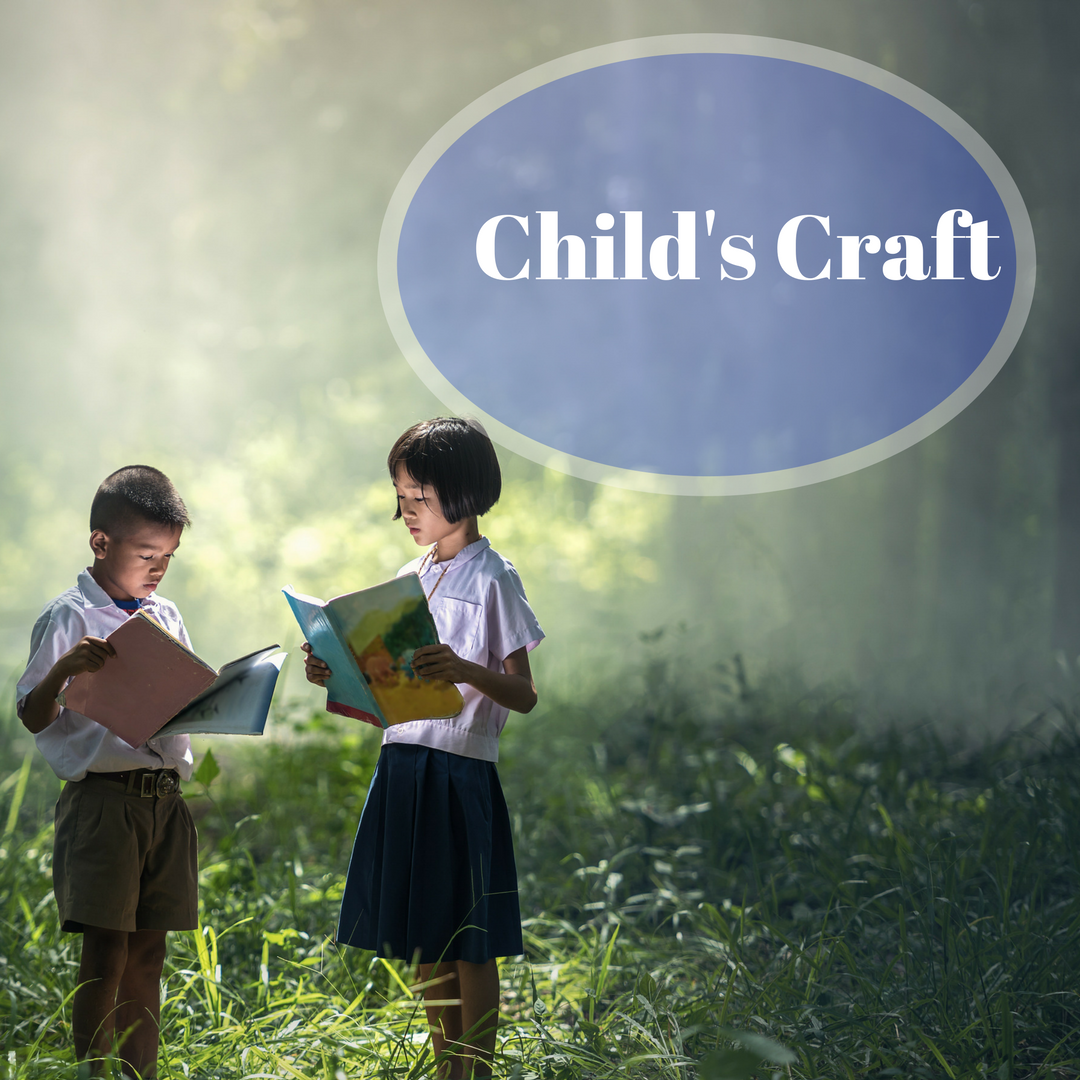
Whether you write for children or adults, or both, meeting with industry professionals at writers’ conferences is essential. But…
January 21, 2019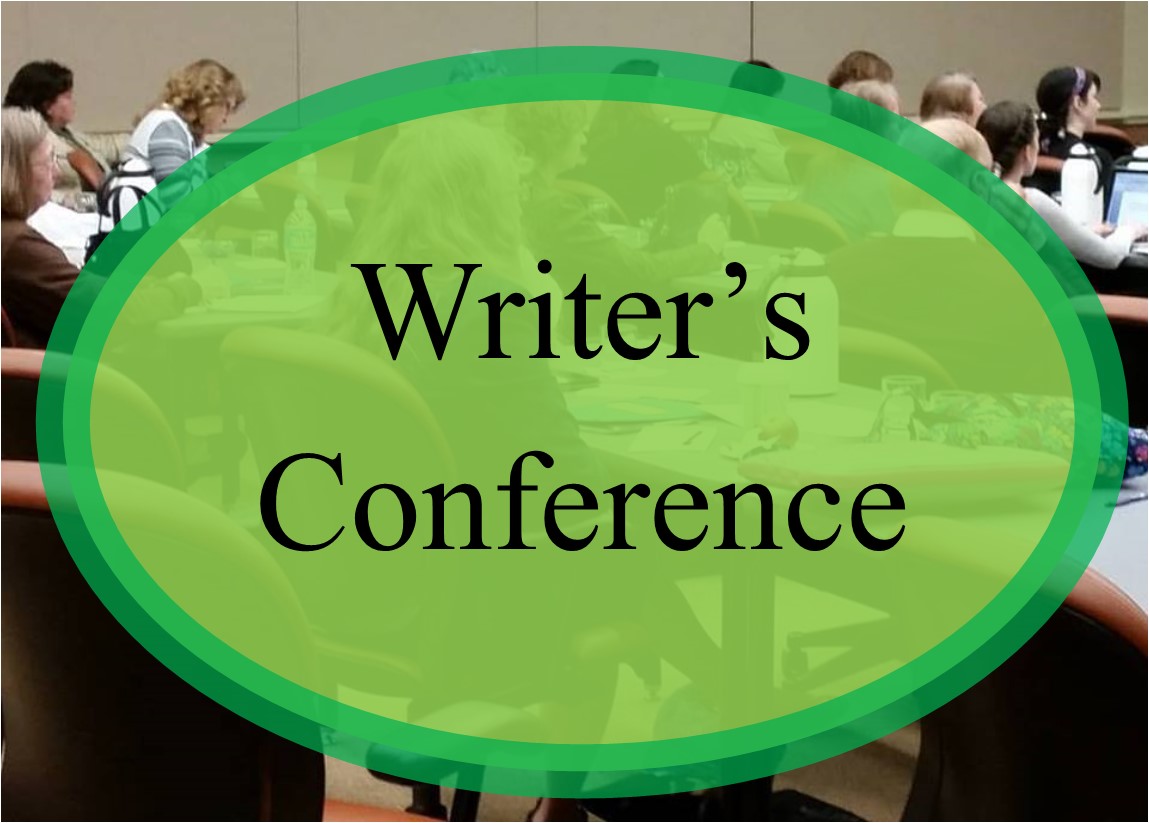
Steven James here. As a working novelist over the last decade I’ve heard over and over from editors and…
June 14, 2018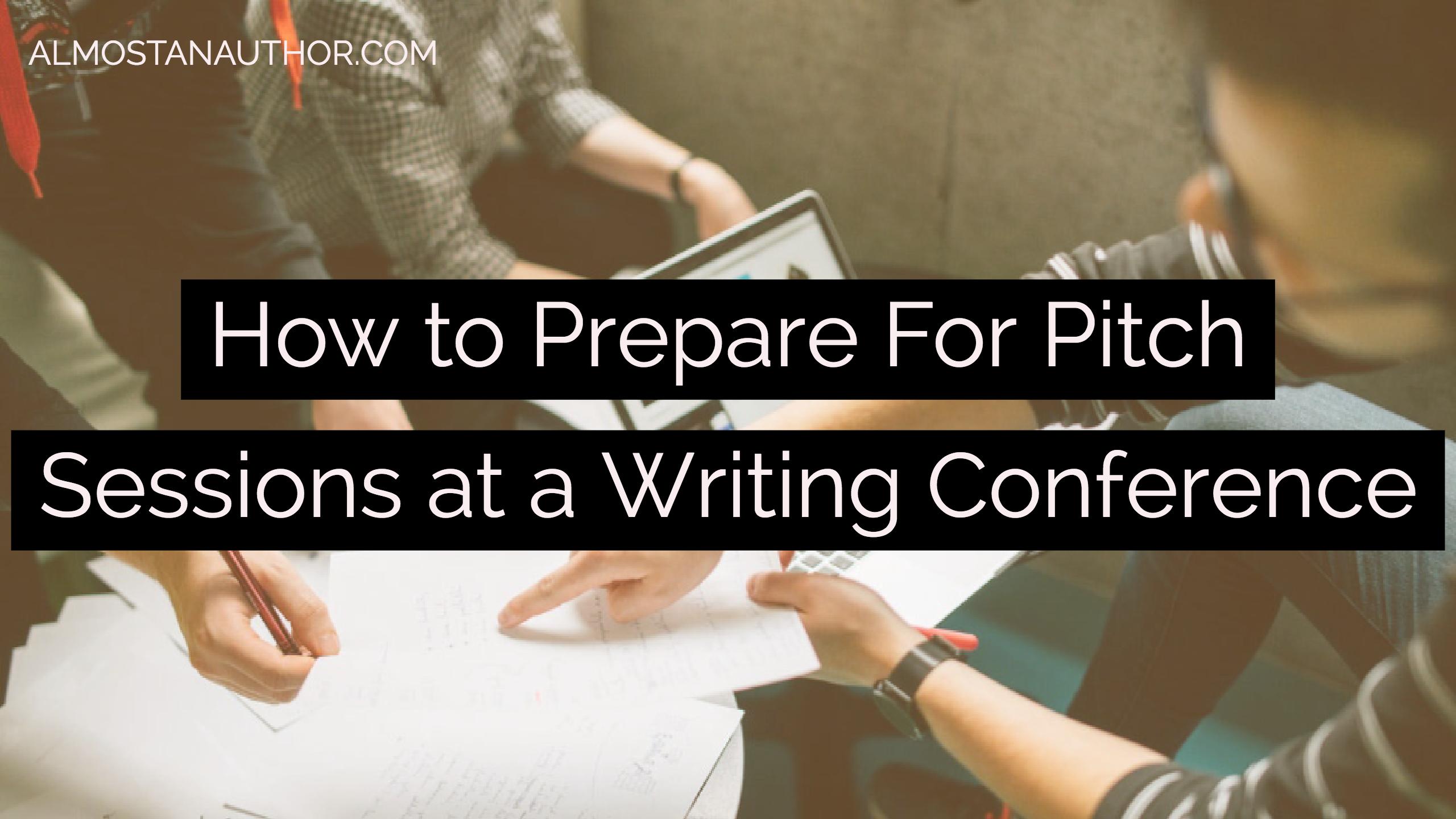
I attended my first writing conference when I was sixteen-years-old. This is what lead to the publication of my first…
November 9, 2017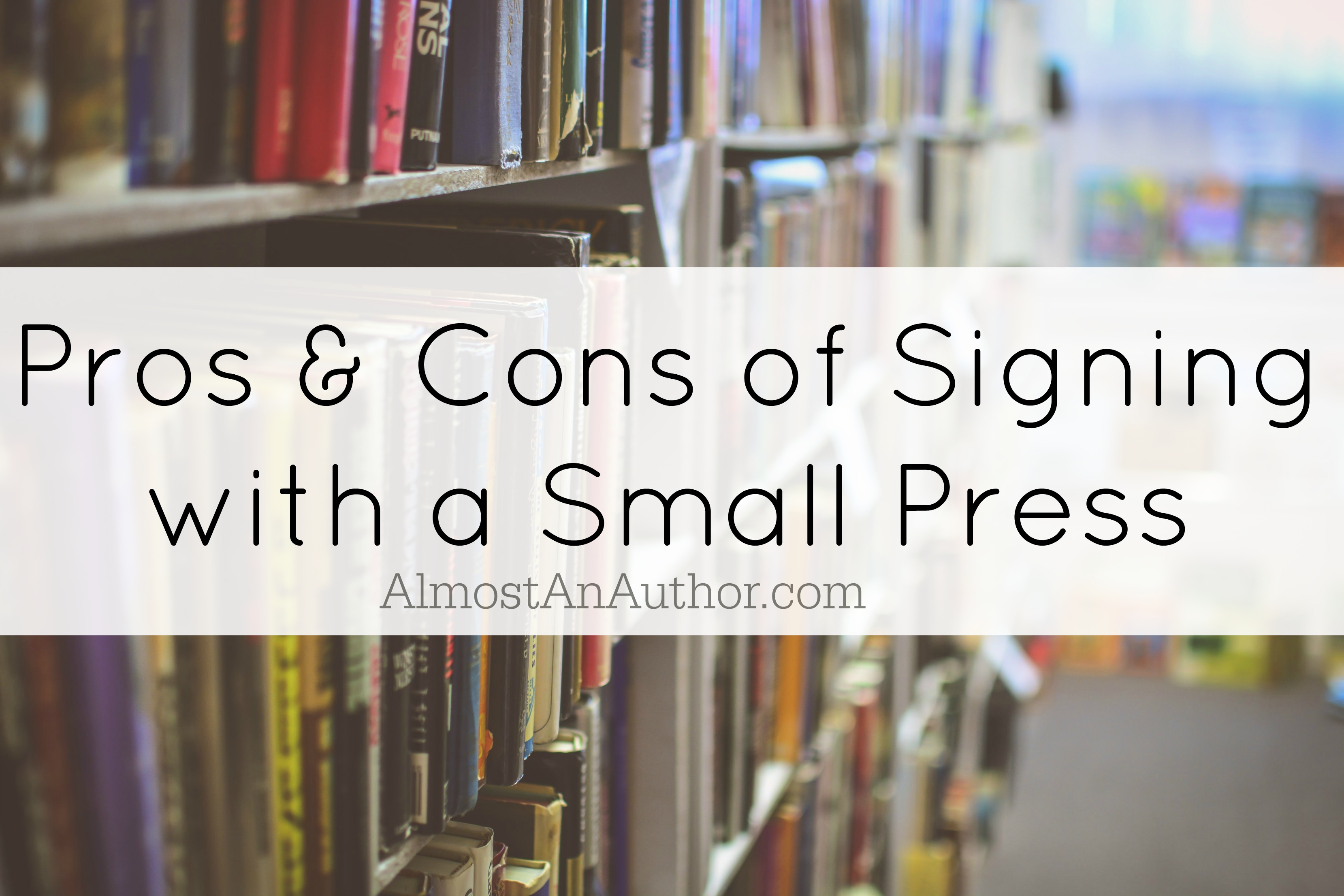
I was sixteen when I attended my first writing conference. My goal wasn’t to find a publisher; in fact,…
September 9, 2016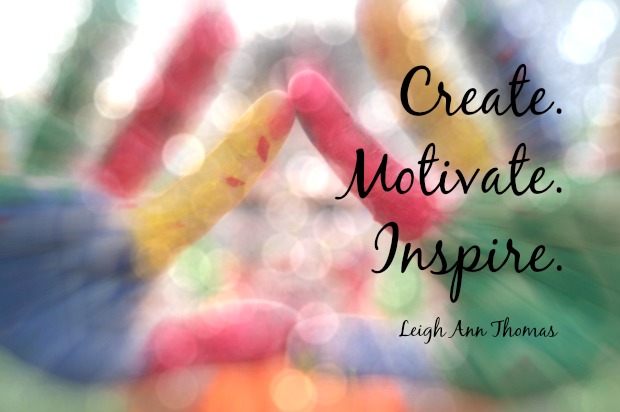
Conference season is upon us and social media is abuzz with encouragement to click a sign-up link and submit…
March 14, 2016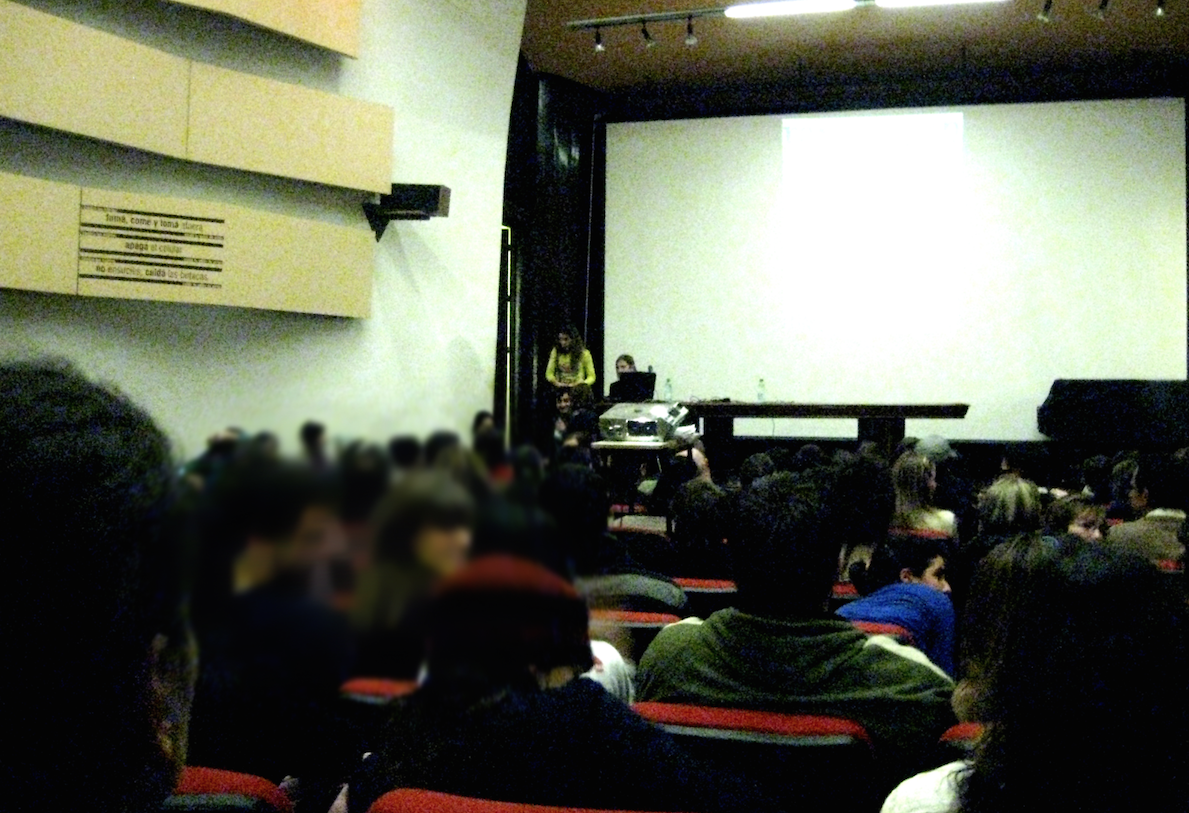
I’ve been to many writers conferences and even serve on the planning committee of one event, and I always…
August 1, 2015
Navigating the publishing world can be a humbling experience. We write a piece that we think is going to…
July 5, 2015